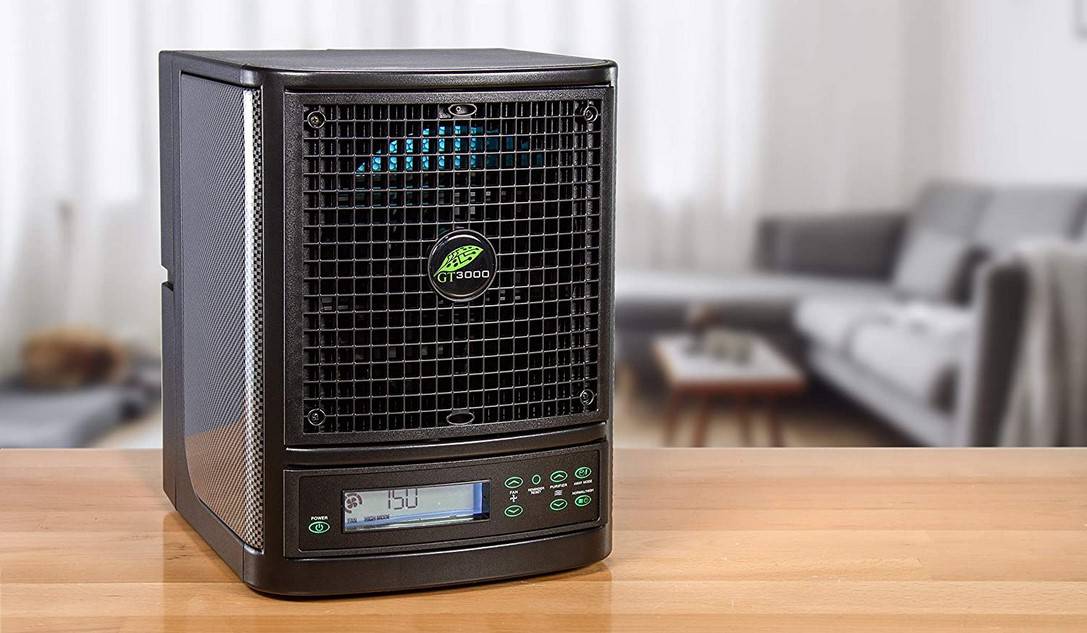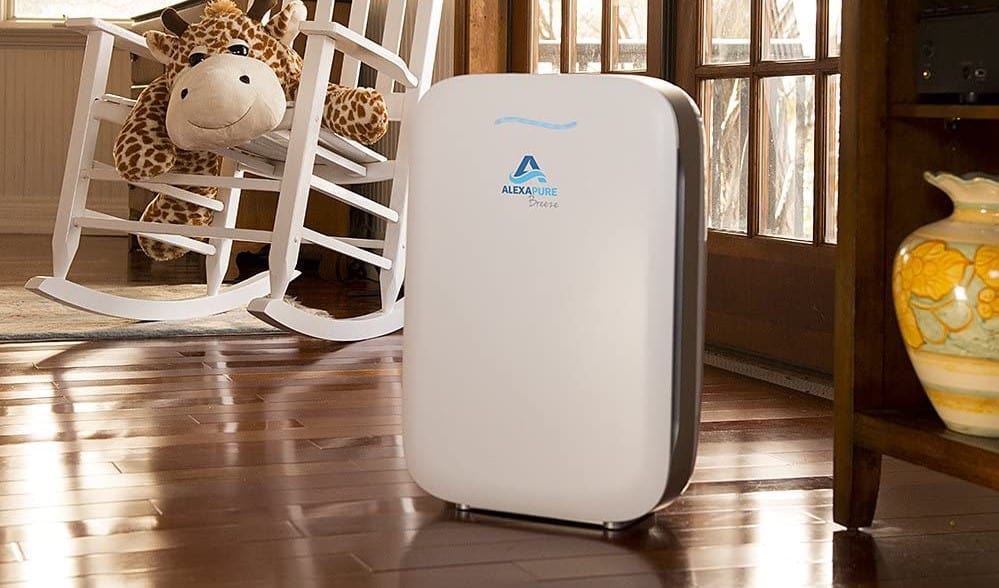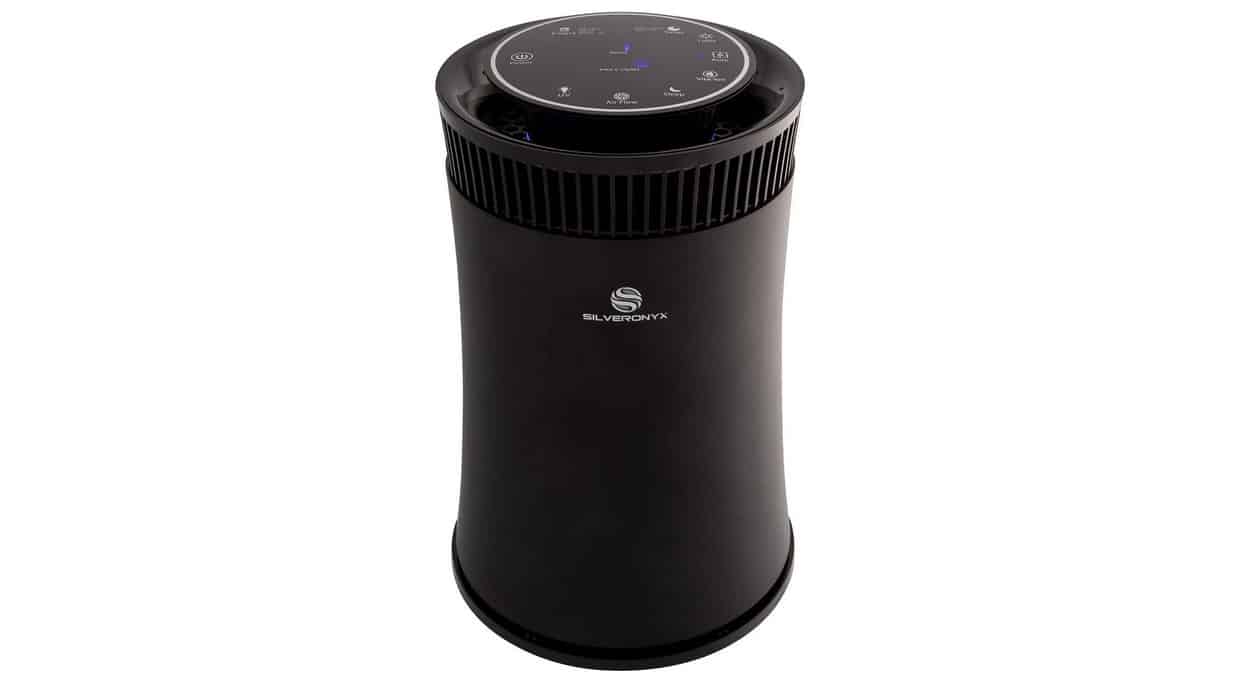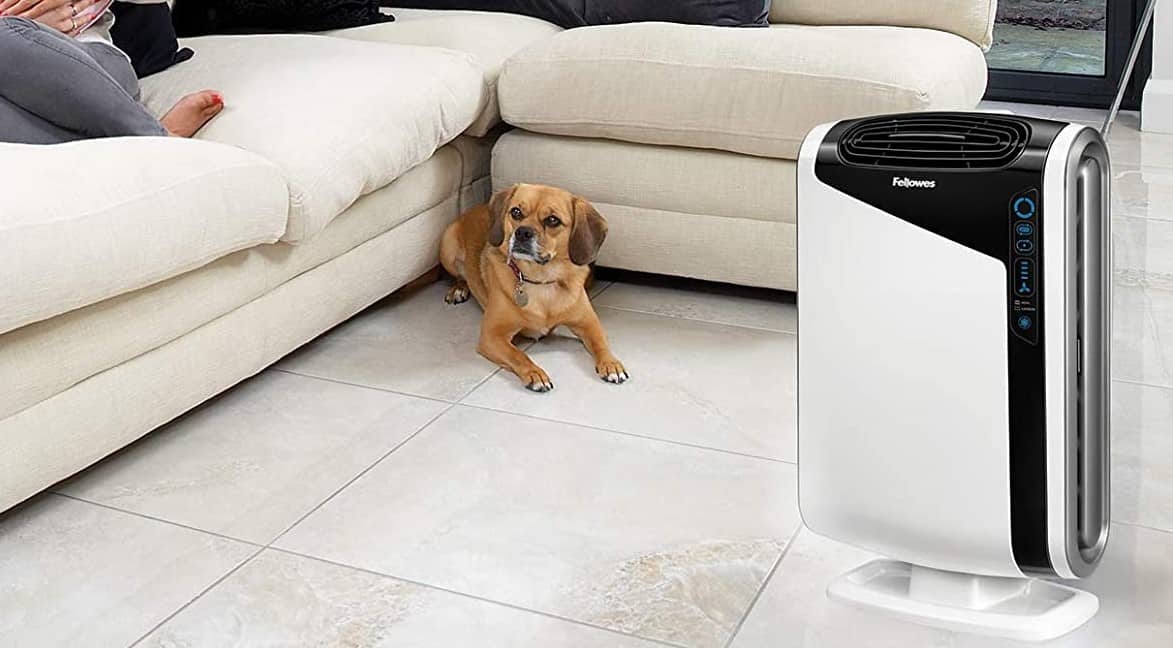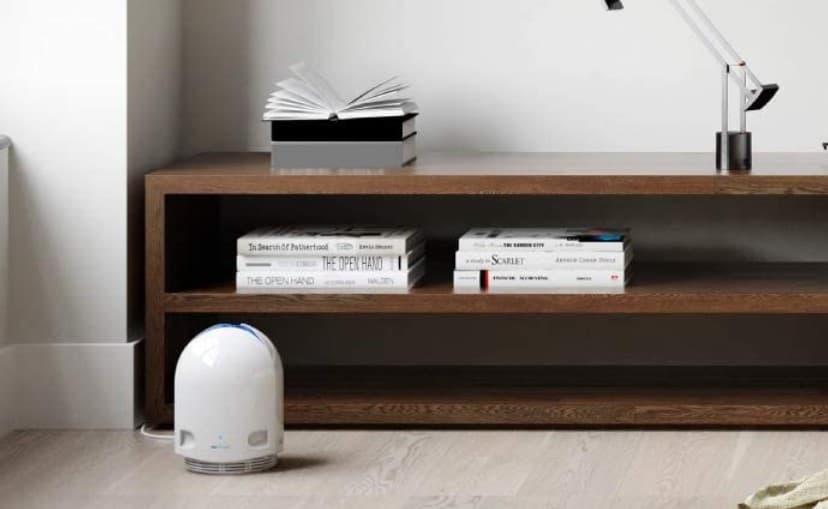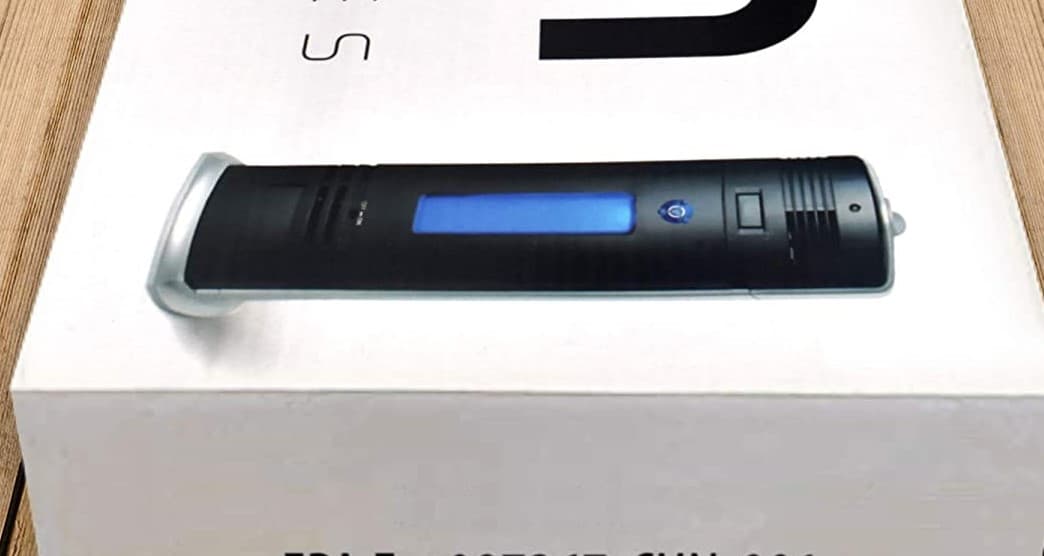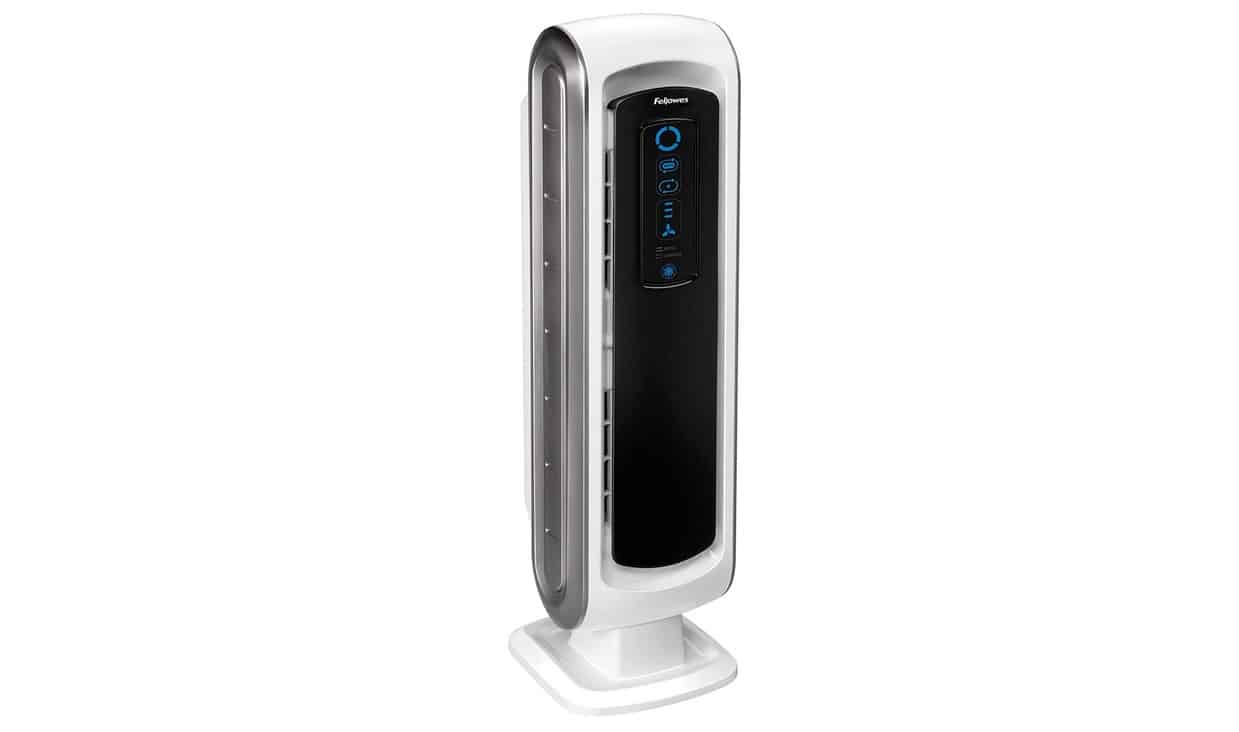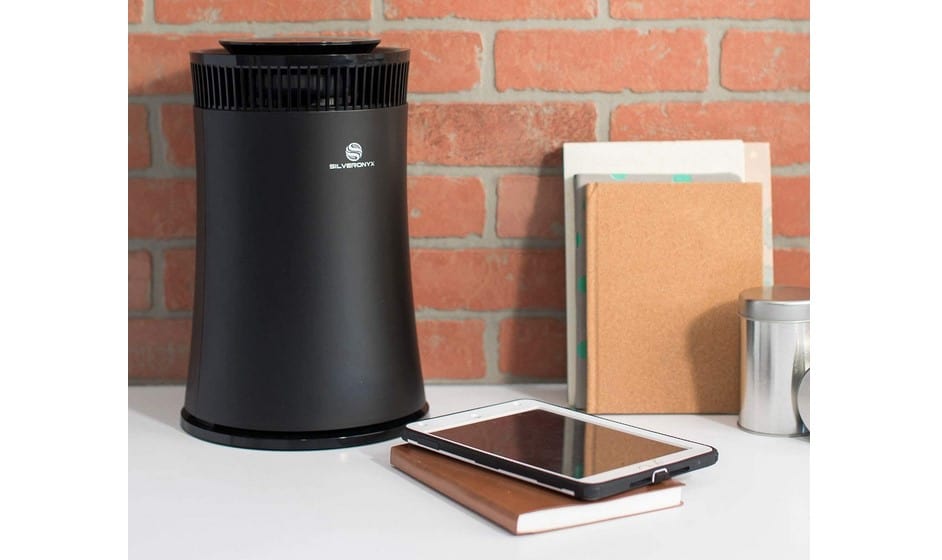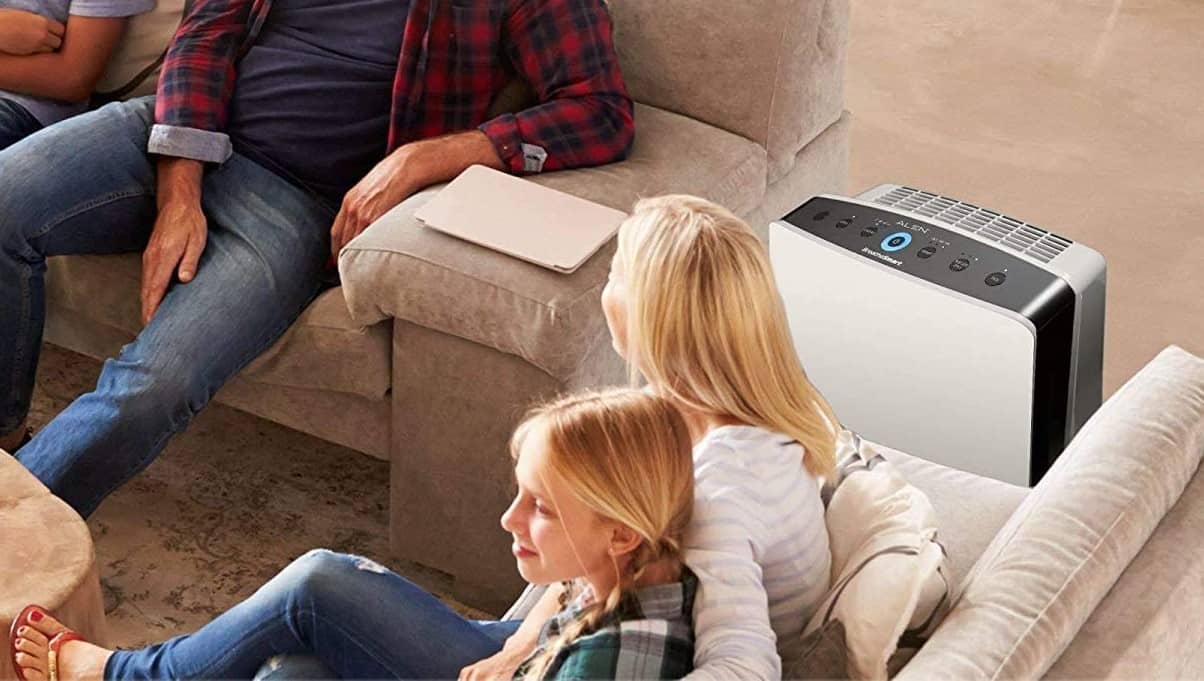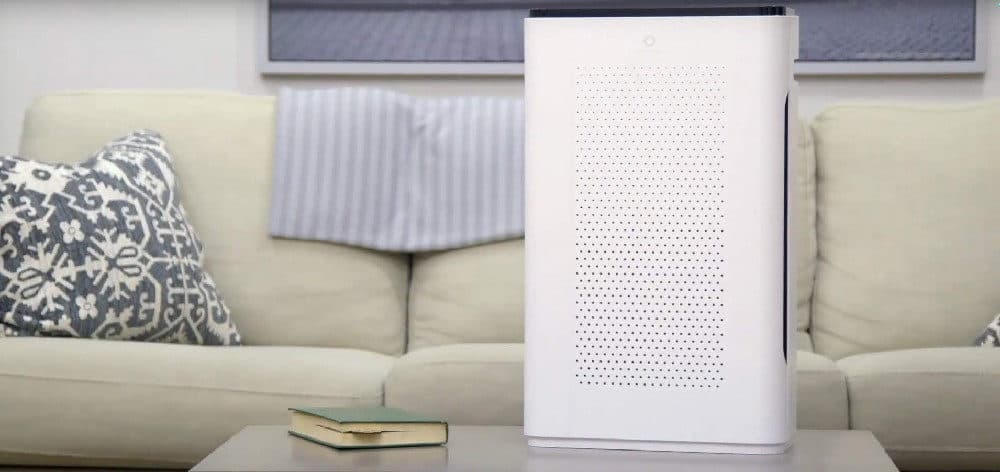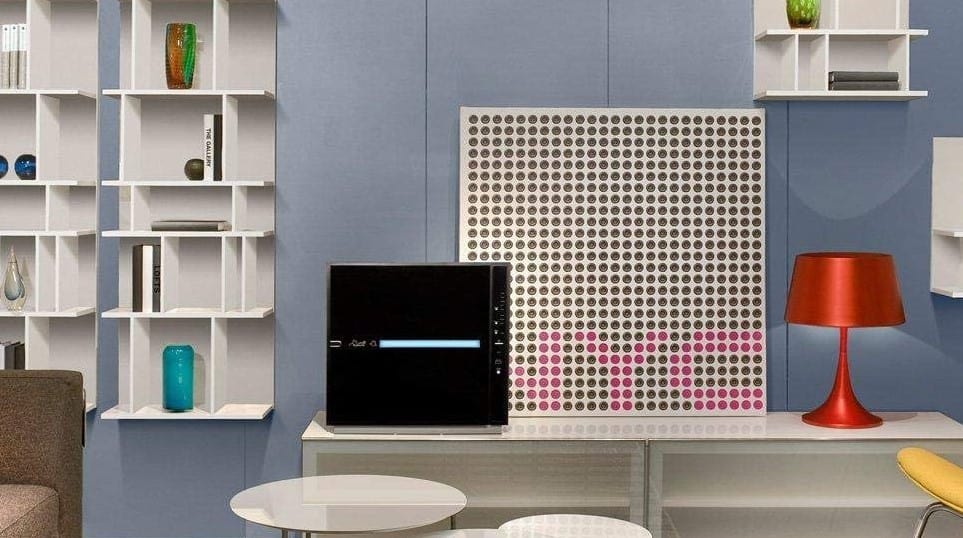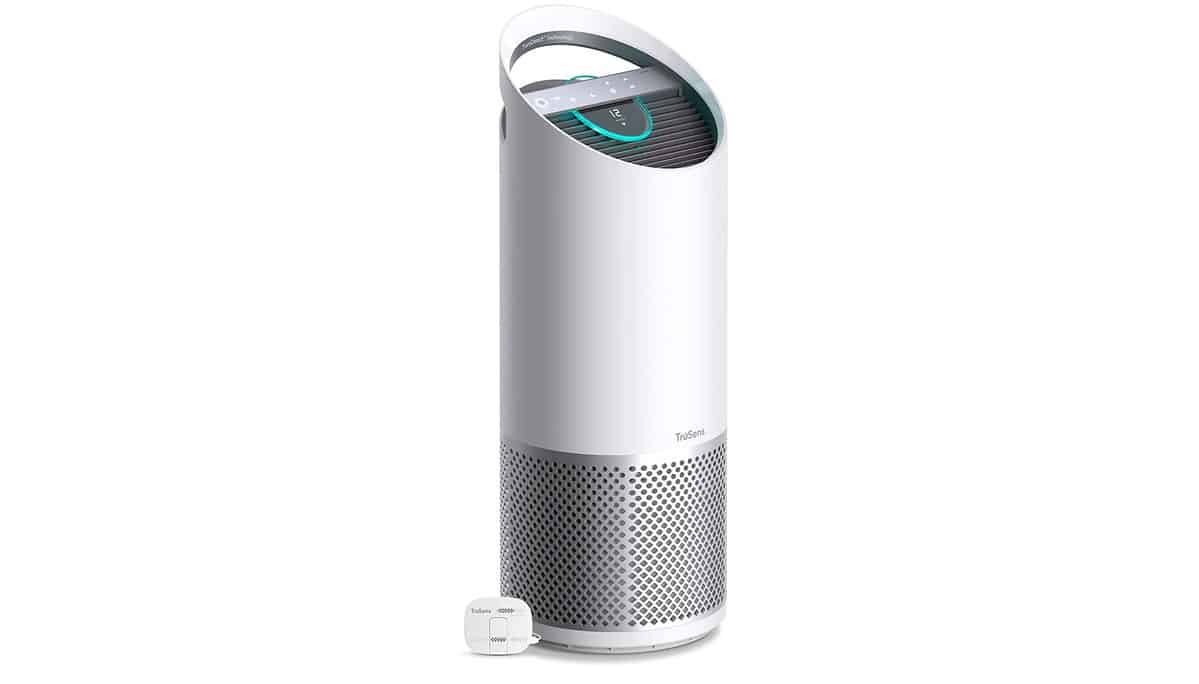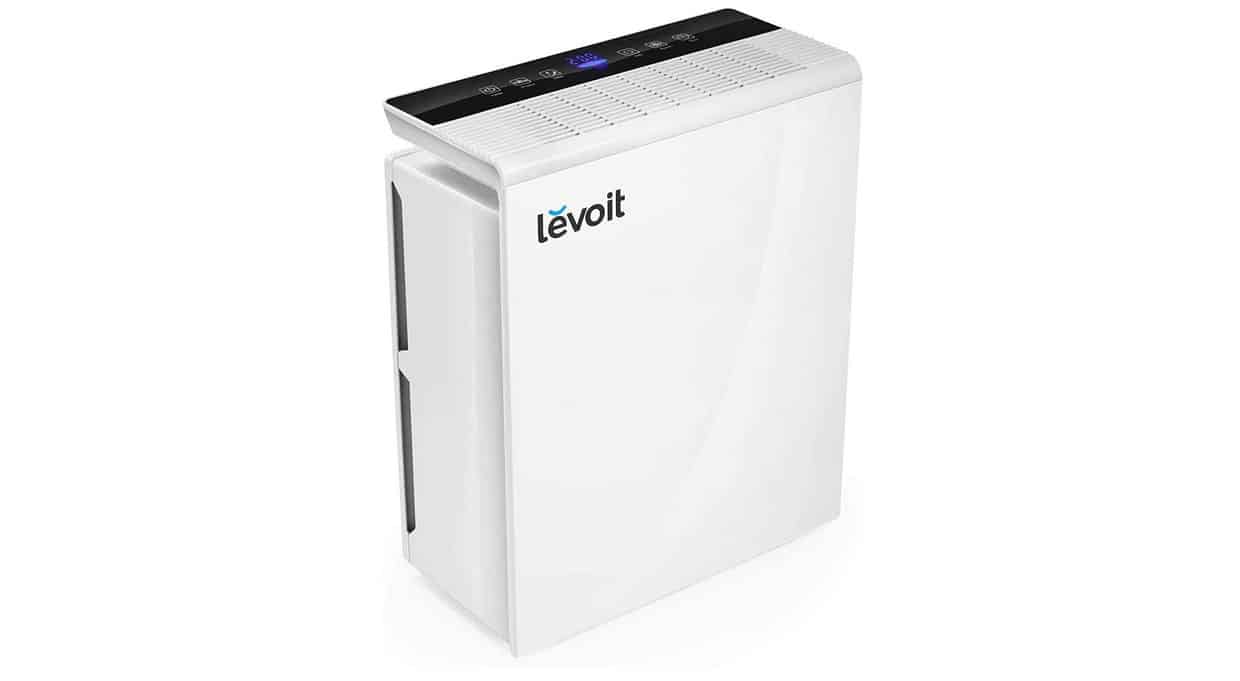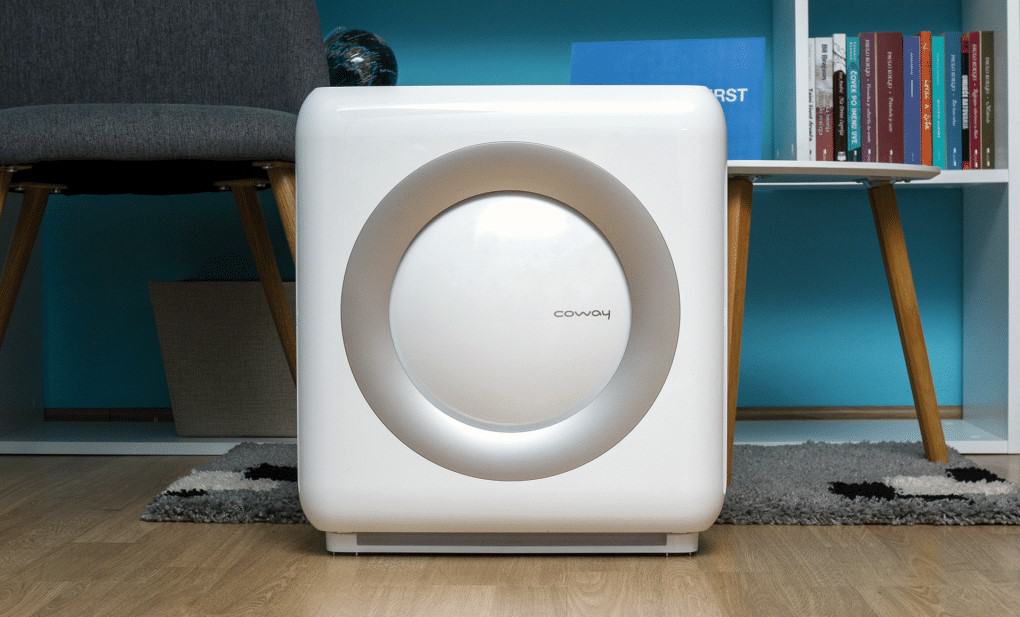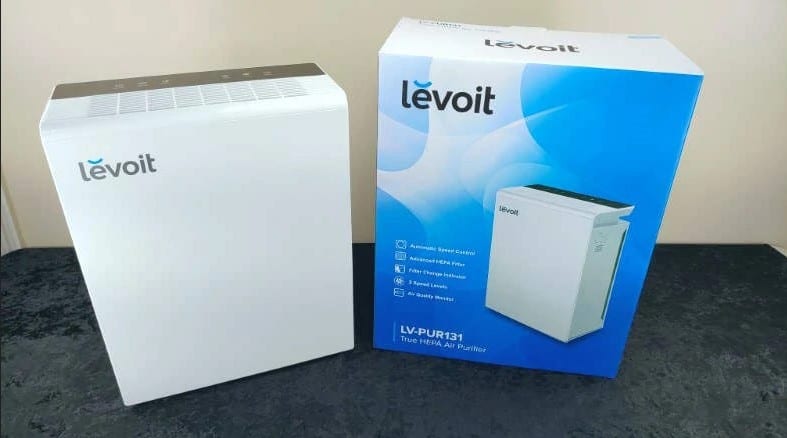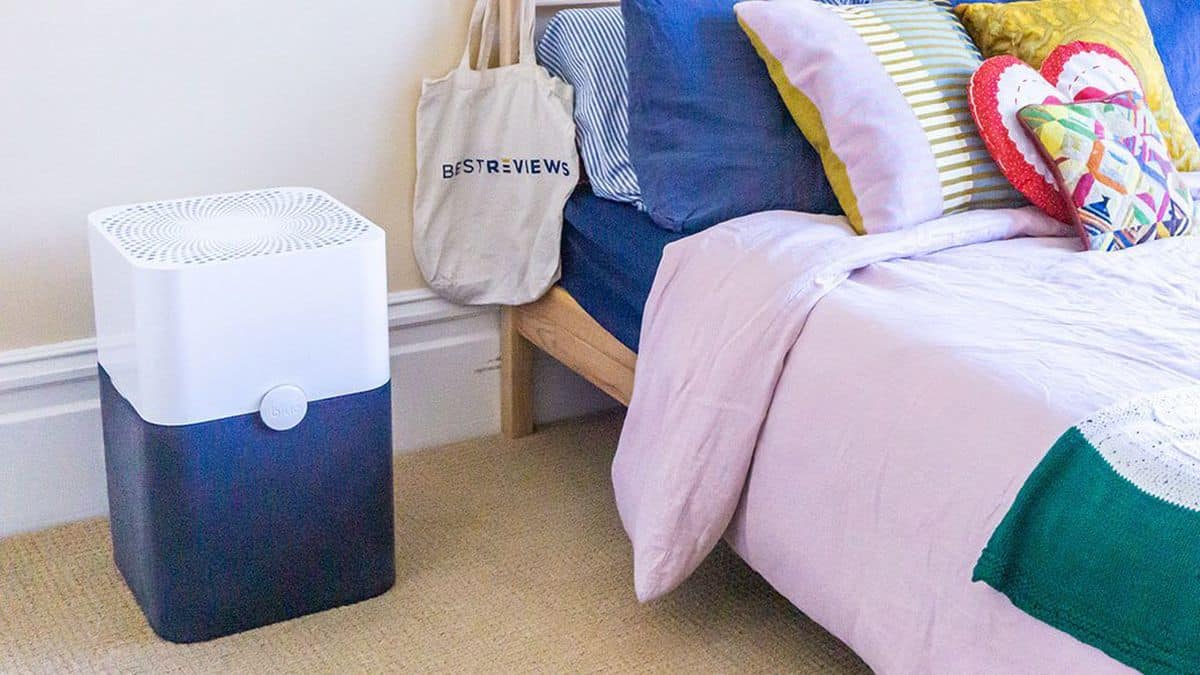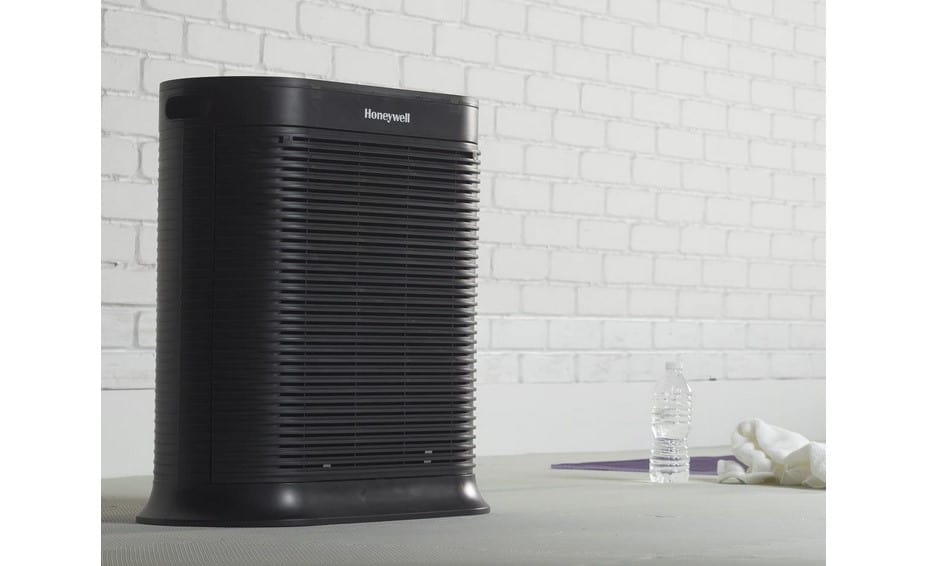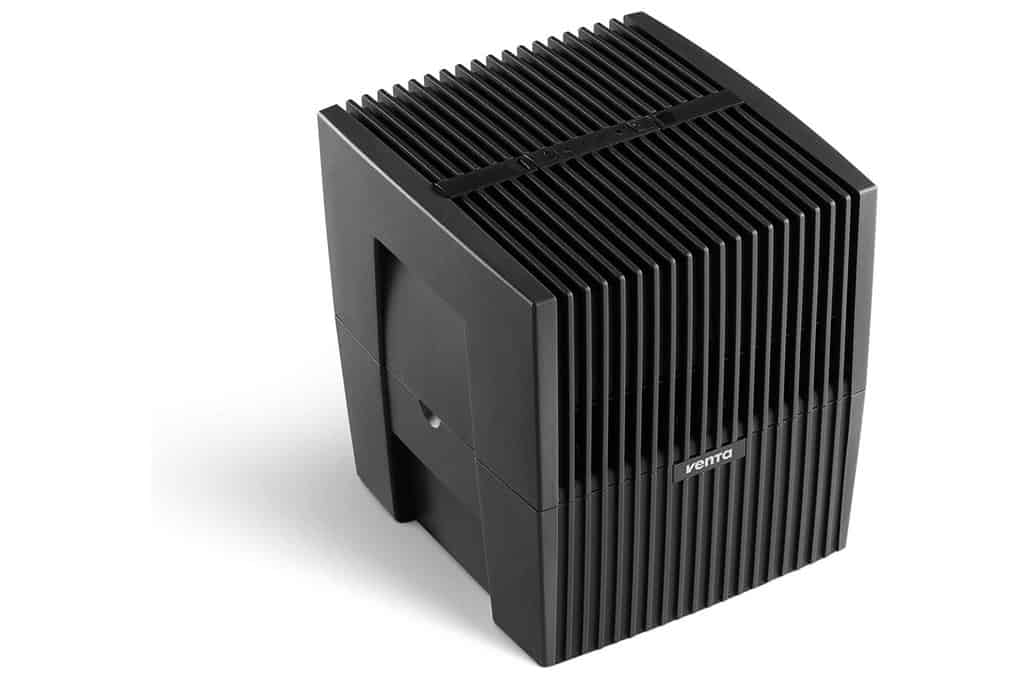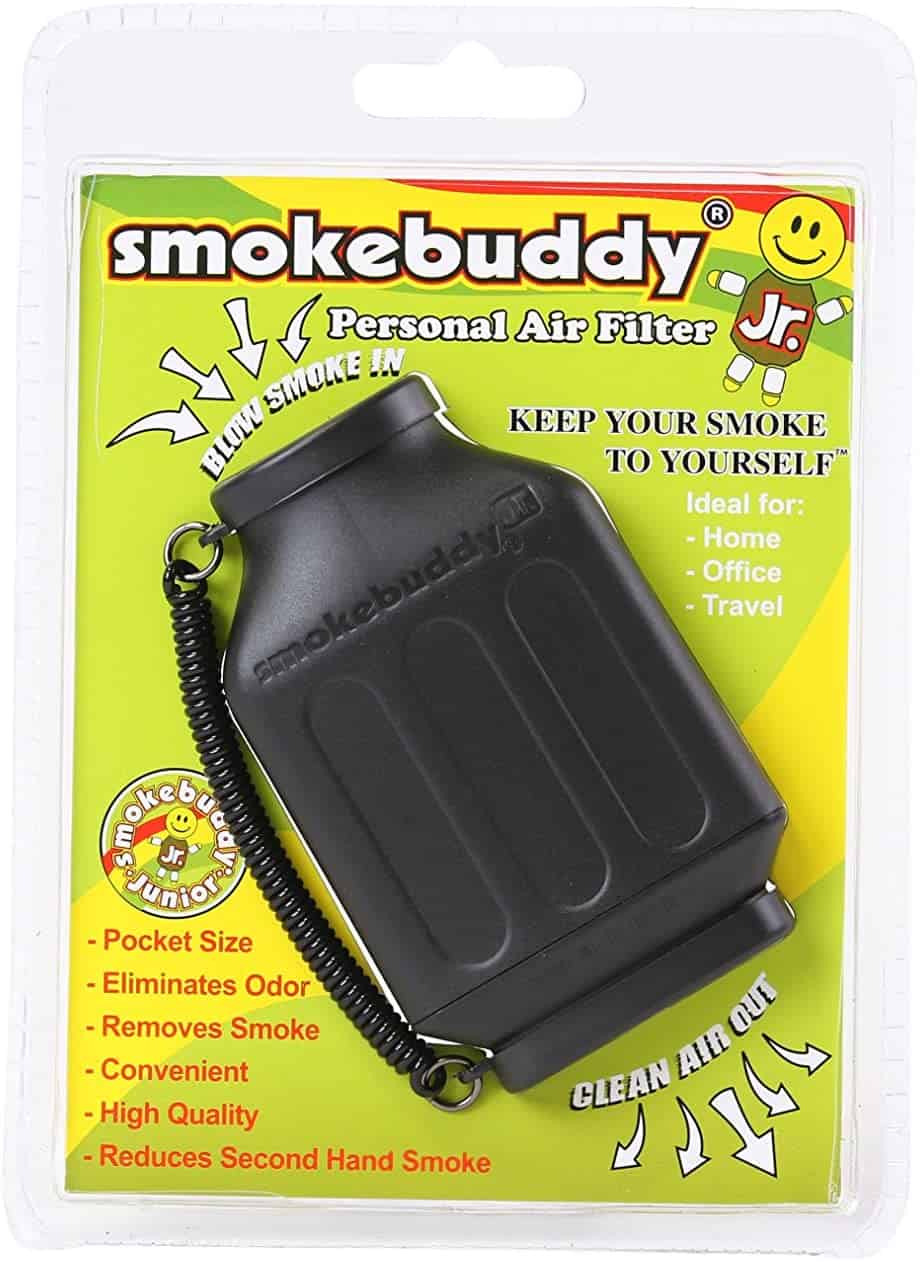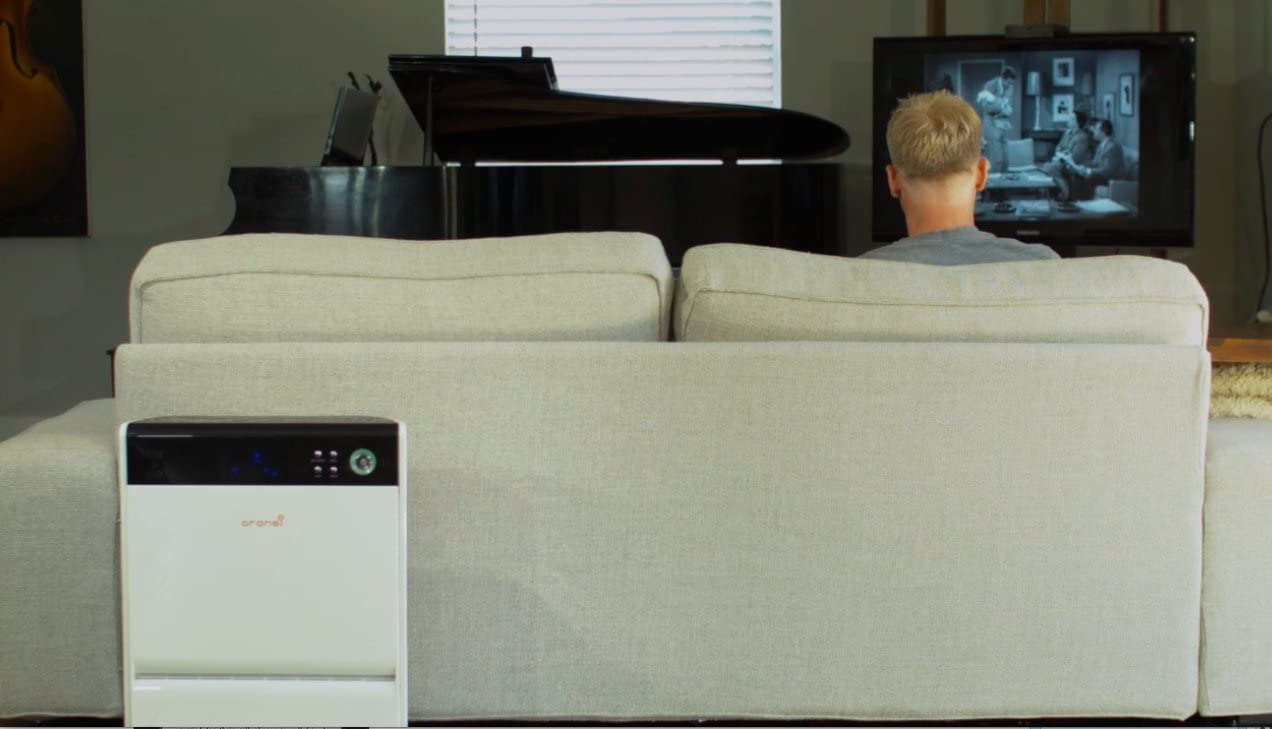If you are shopping for an advanced air purifier, like the Magic Clean air purifier, for a reduced risk of infection via airborne pathogens, you may be wondering one thing. What air purifier can clean N95 particles? Don’t worry, we are here to give you information so you can buy the best air purifier for this and many other tasks.
KEY TAKEAWAYS:
- The term N95 refers to an air filter that can remove at least 95 percent of airborne particles of 0.3 microns or larger.
- HEPA-equipped air purifiers will remove 99.97 percent of airborne particles of 0.3 microns or larger, easily beating the N95 suggested rating.
- If you are using a HEPA air purifier, be sure to dispose of and replace the actual HEPA filter every six months to one year.
What is an N95 Particle?
Before you know how effective a given air purifier can be with the removal of N95 particles, it may help to understand what these particles are. N95 refers to the size of a particle and the effectiveness a given item will be at removing said particle. N95 masks, for instance, will remove at least 95 percent of airborne particles at 0.3 microns and above.
However, like every gadget, the air purifier will consume energy as long as it is on. This may mean that air purifiers are harmful to your monthly budget, especially if they’re not using a True HEPA filter. Then it means you’re not getting the maximum benefit.
A common question often asked is should I run an air purifier all the time or just when I am home? Knowing how long you should keep your air purifier running and remain effective will help you conserve a lot of energy.
Insider Tip
N95 masks, for instance, will remove at least 95 percent of airborne particles at 0.3 microns and above.
What Air Purifiers Can Filter Out Small Particles?
Now that you know that the term N95 refers to an efficiency rating of a given particle size, you will want to know what air purifiers can handle airborne particles of 0.3 microns and above.
When it comes to this size of airborne particles, your best bet will be an air purifier equipped with a true HEPA filter. HEPA-equipped air purifiers will filter out 99.97 percent of airborne particles at sizes of 0.3 microns and above. As you may note, this is a better efficiency rating than N95 masks, which only filter out 95 percent of these particles.
Tips to Properly Use a HEPA Filter
Here are some general tips to make sure you are correctly using your HEPA-equipped air purifier so it can remove airborne pathogens.
Insider Tip
HEPA-equipped air purifiers will filter out 99.97 percent of airborne particles at sizes of 0.3 microns and above.
Replace or Clean the Filter
Most HEPA filters will need to be disposed of and replaced every six months to one year. If you do not regularly replace HEPA filters, they could become a haven for germs and other airborne pathogens. Some other types of air filters, such as activated carbon filters, can be cleaned instead of replaced. We suggest reading the instructions that accompanied your air purifier for specific instructions.
Run it Continuously
Feel free to run your HEPA-equipped air purifier continuously, as this is generally considered to be a safe practice. We do recommend keeping it on a low setting if you are going to be running the purifier 24 hours a day.
Keep in mind what air purifier gets rid of carbon monoxide effectively as long as it is not a significant leak. However, carbon monoxide is very Lethal, and you should call 911 or a professional if you suspect there is a leak.
Warning
If you do not regularly replace HEPA filters, they could become a haven for germs and other airborne pathogens.
F.A.Q.S
Do HEPA air purifiers filter out the COVID-19 virus?
More research is needed on this. HEPA air purifiers will filter out COVID-19 particles so long as they are above 0.3 microns in diameter. Unfortunately, microbes can get much smaller than that. There is some research, however, that HEPA filters will still clear out COVID-19 particles if they are smaller than 0.3 microbes, as COVID-19 particles like to attach themselves to larger particles in the air.
Why might cleaning a HEPA filter be a bad idea?
HEPA filters are multilayered and extremely fragile. If you clean one, it will likely damage the internal components.
How does wildfire smoke affect indoor air quality?
Wildfire smoke can essentially ruin indoor air quality. We recommend installing some air purifiers and keeping windows and doors shut.
STAT: To meet the HEPA standard, a filter is estimated to remove 99.97 percent of particles that are 0.3 microns (or micrometers) in size from the air that passes through them, though this means that particles smaller than 0.3 microns can escape the HEPA filter. (source)

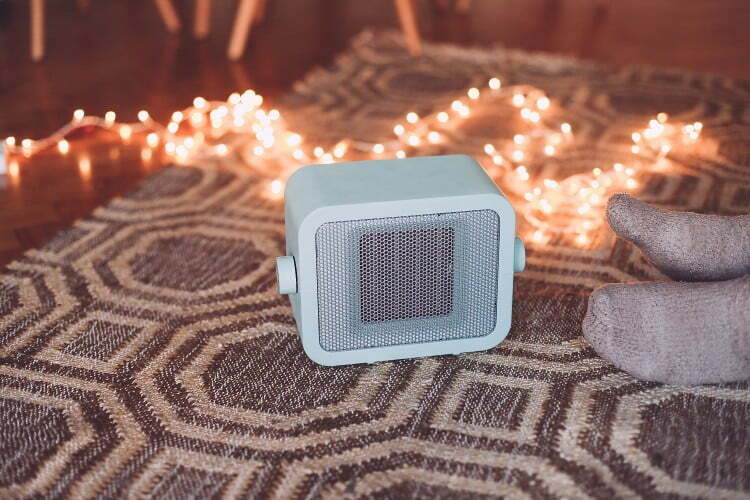













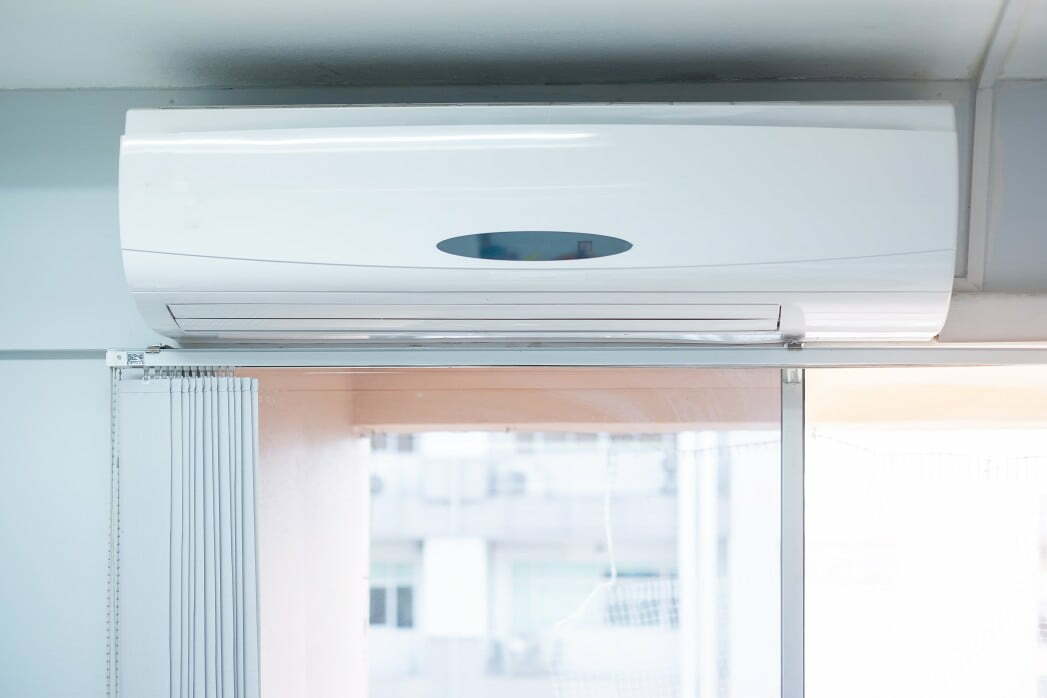
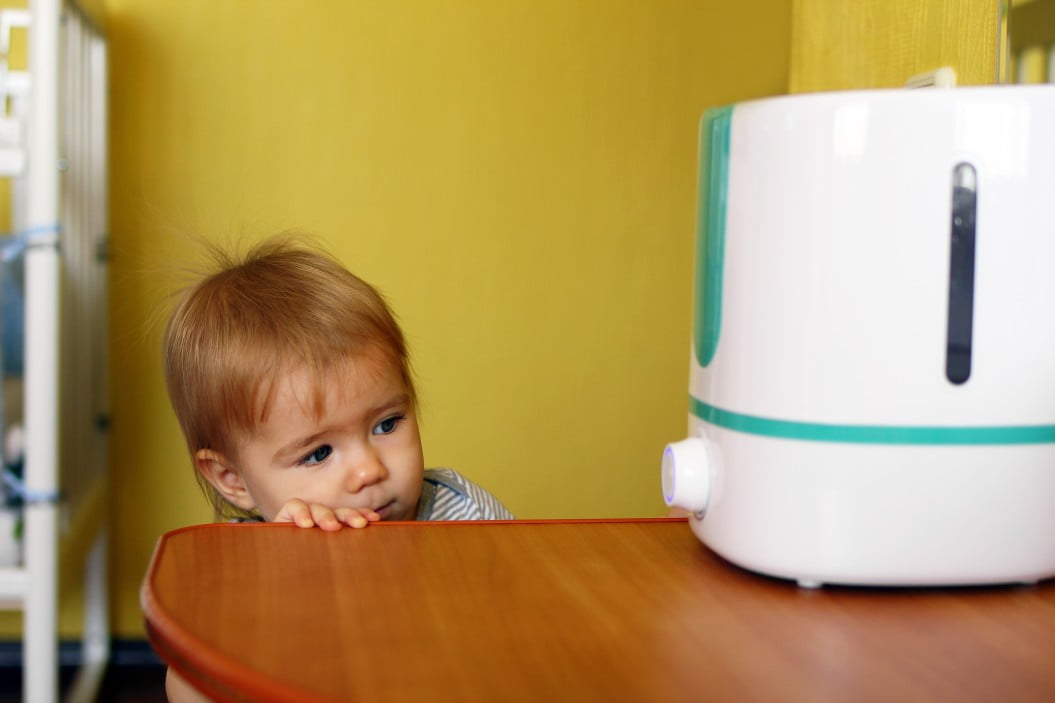
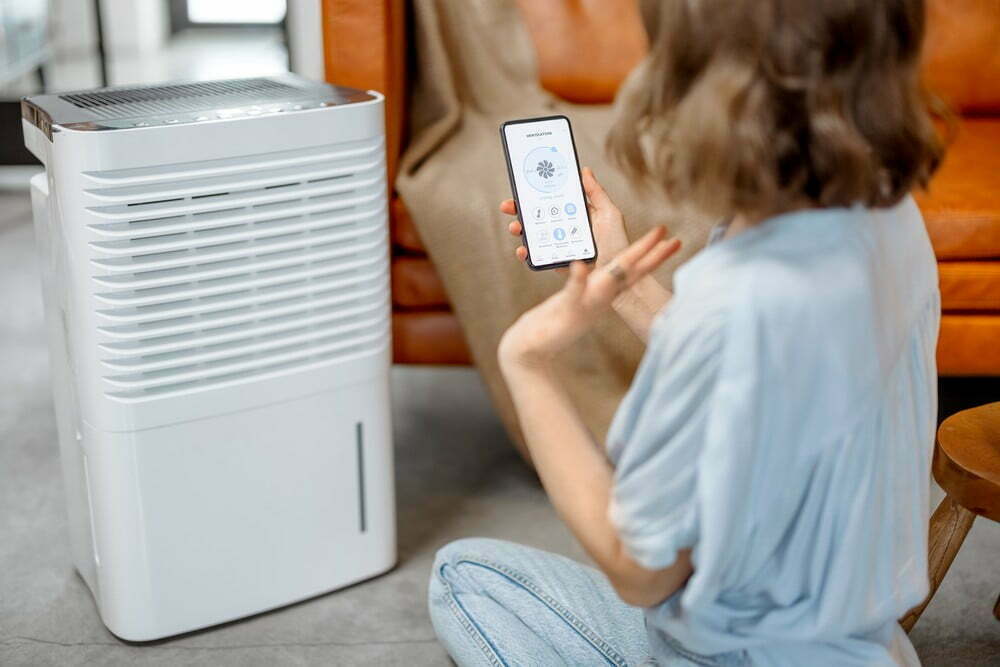
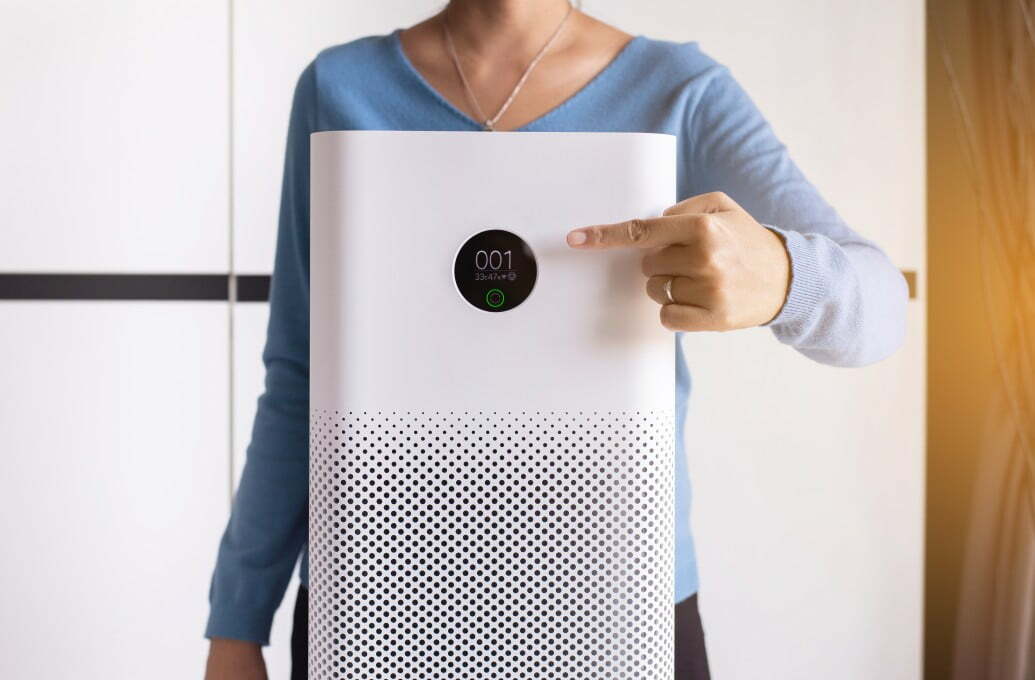
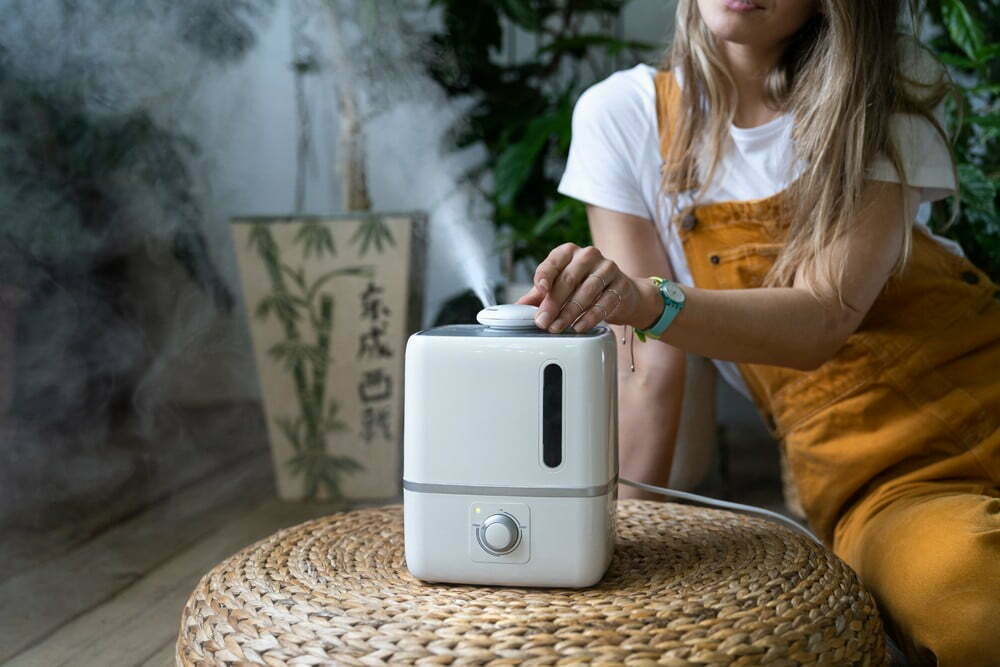


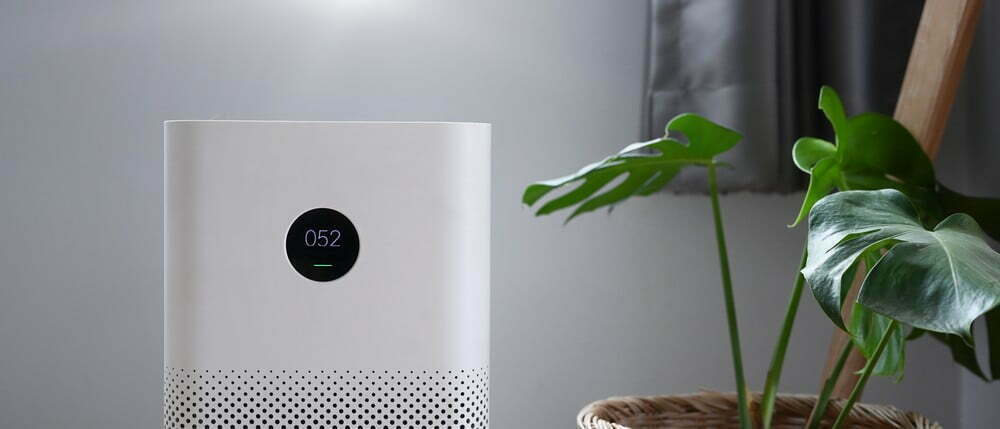
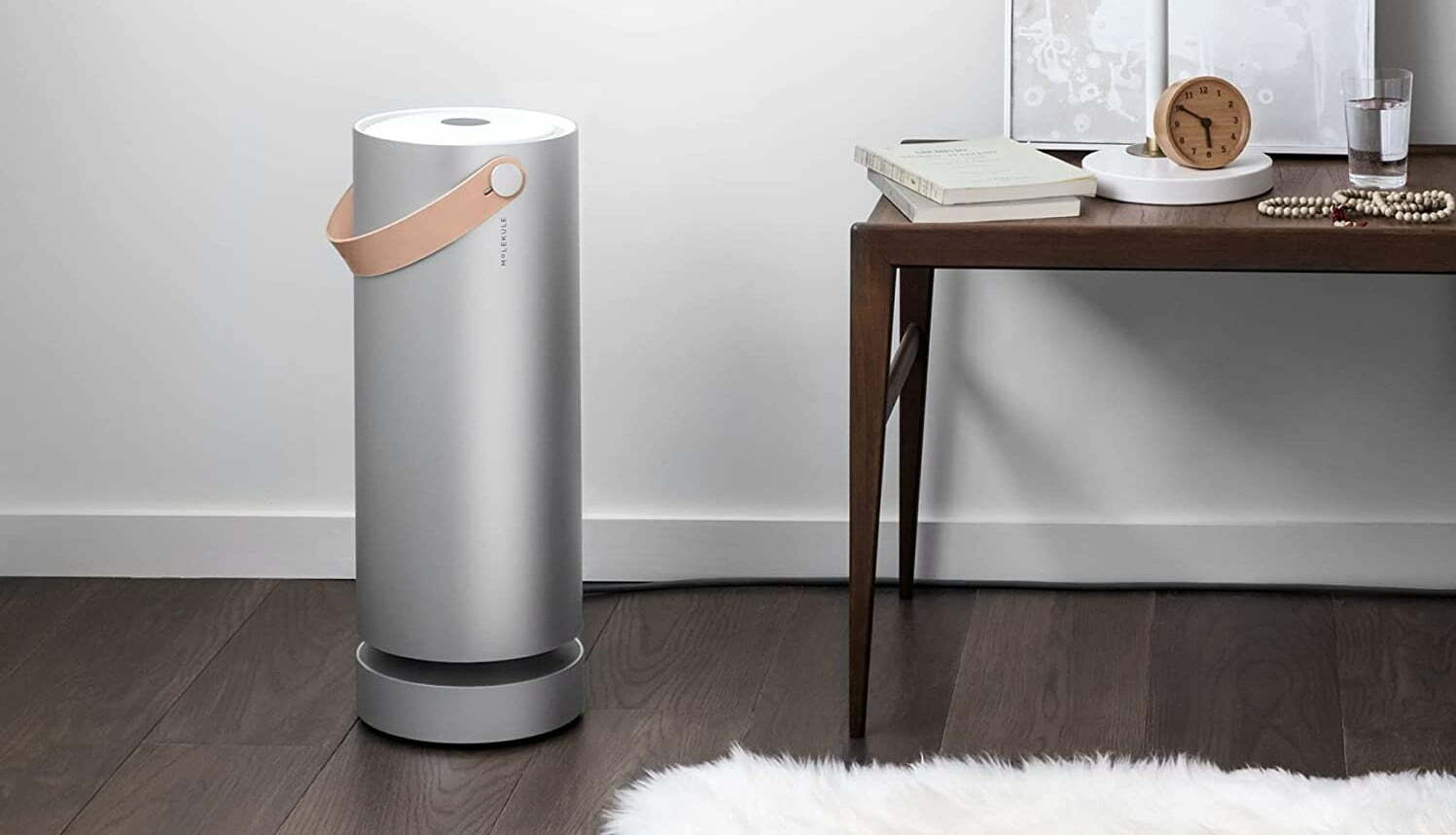
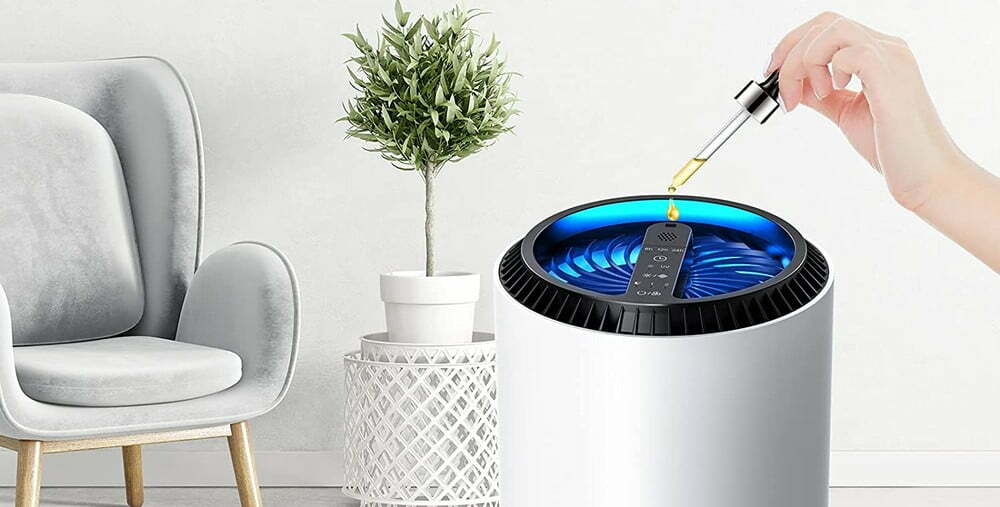
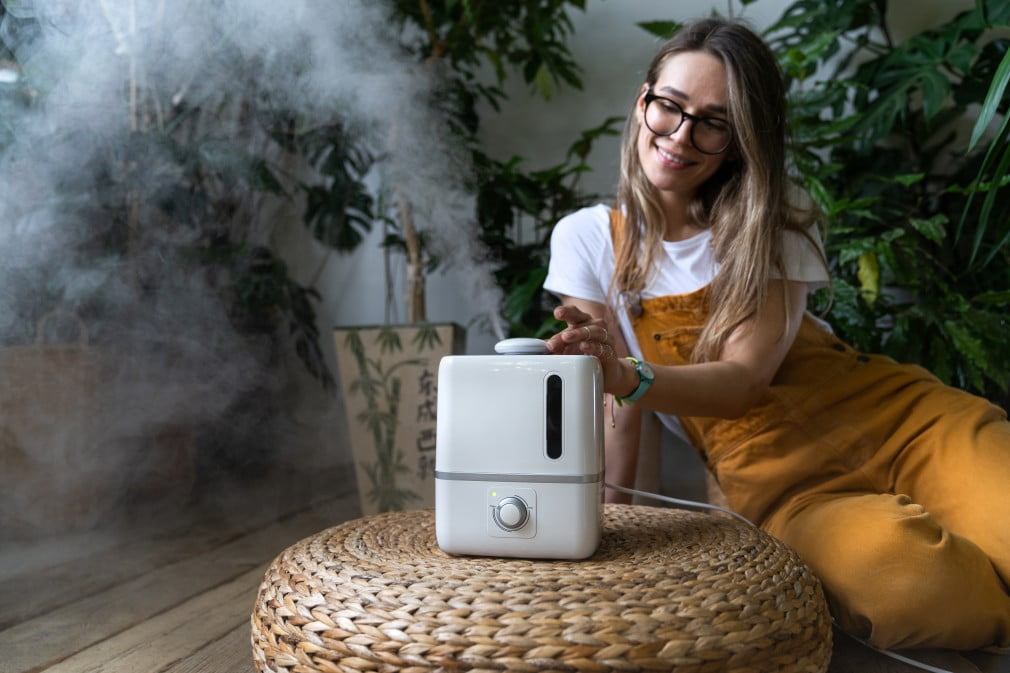
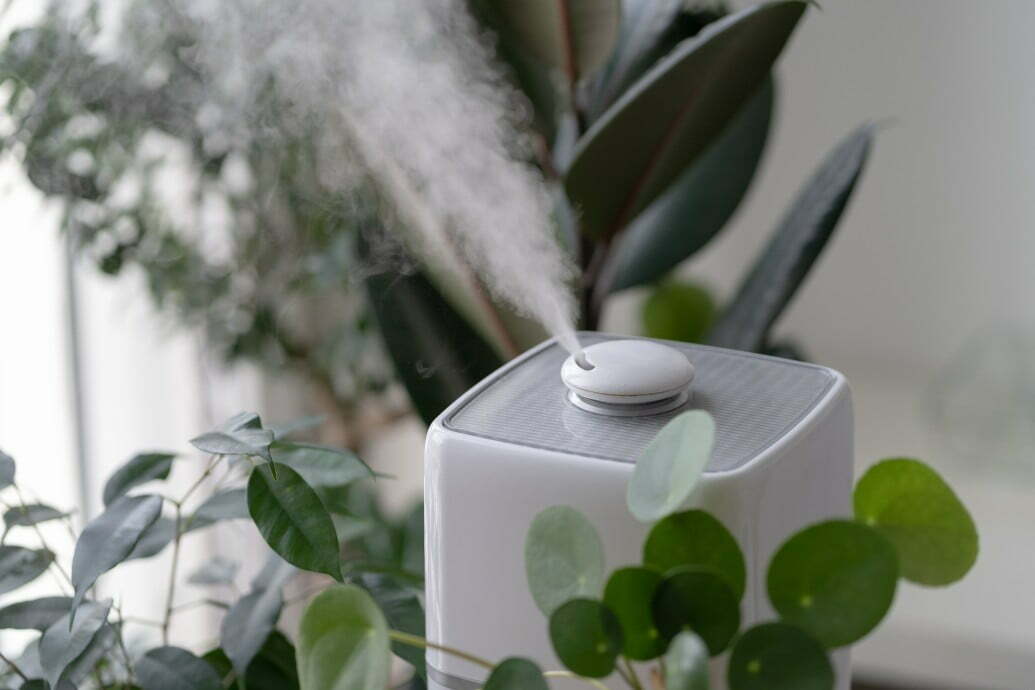
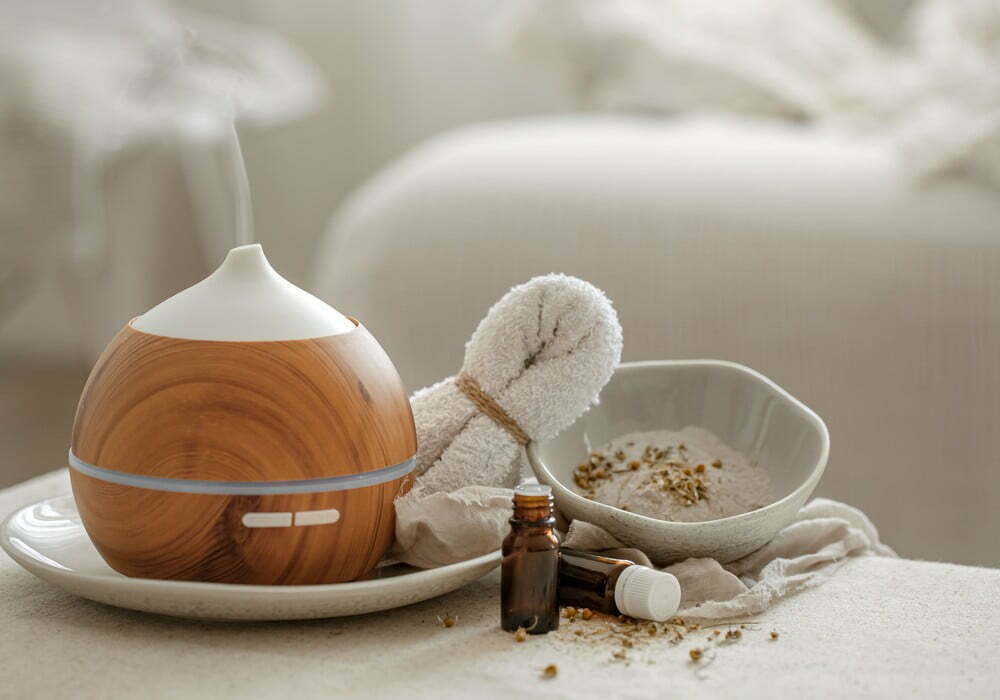
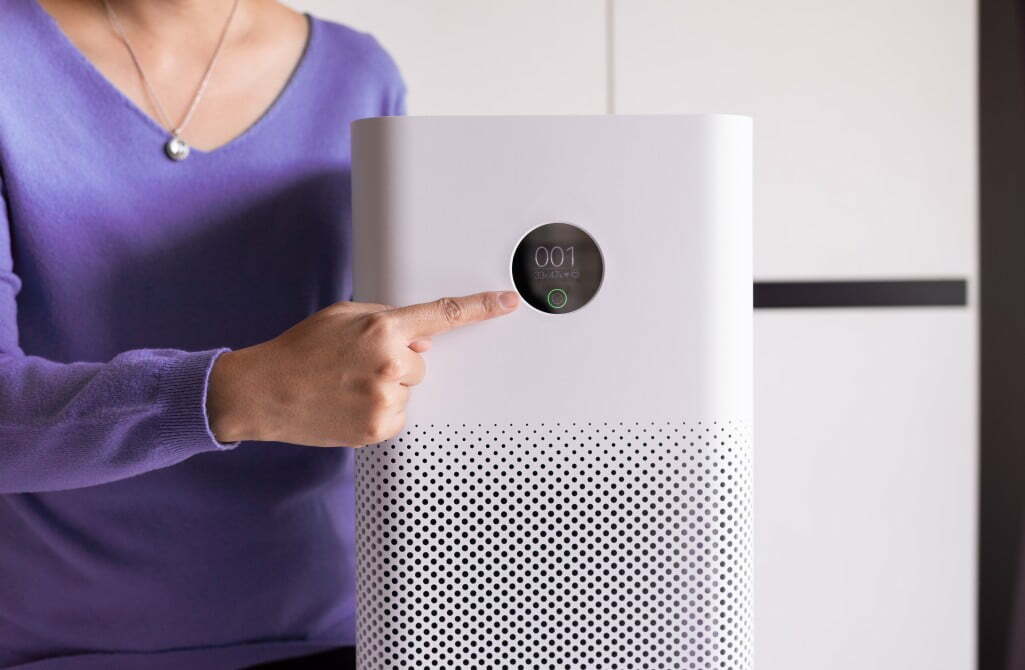
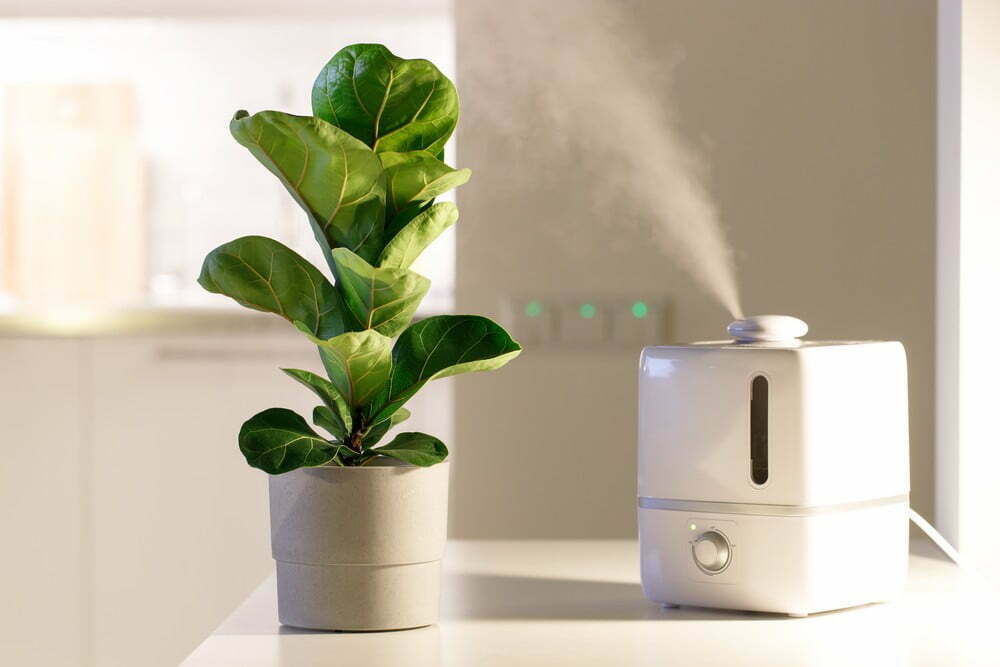

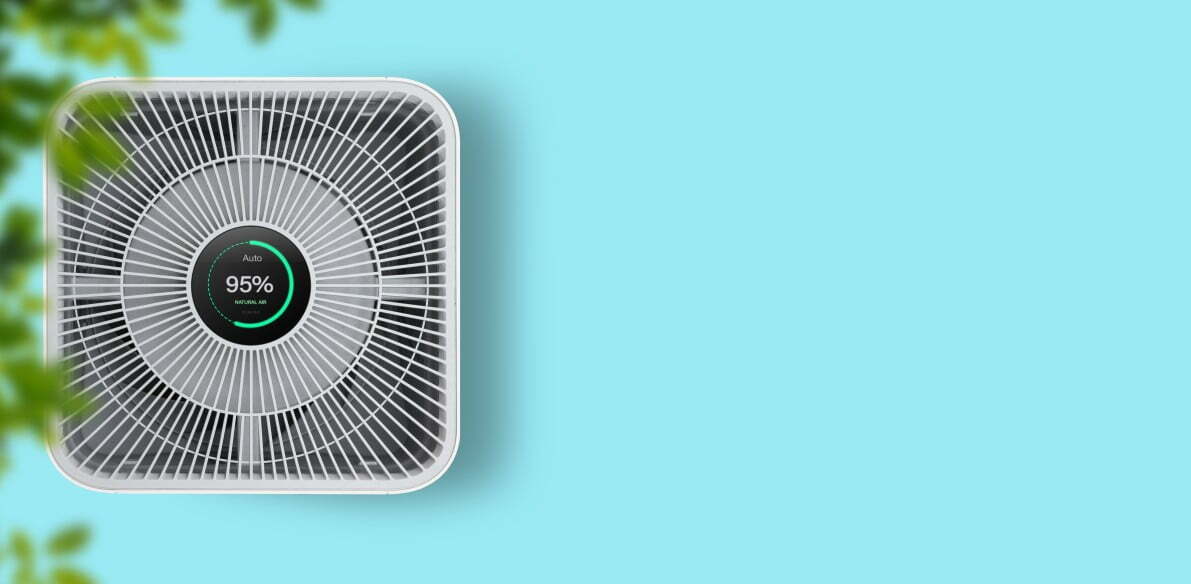
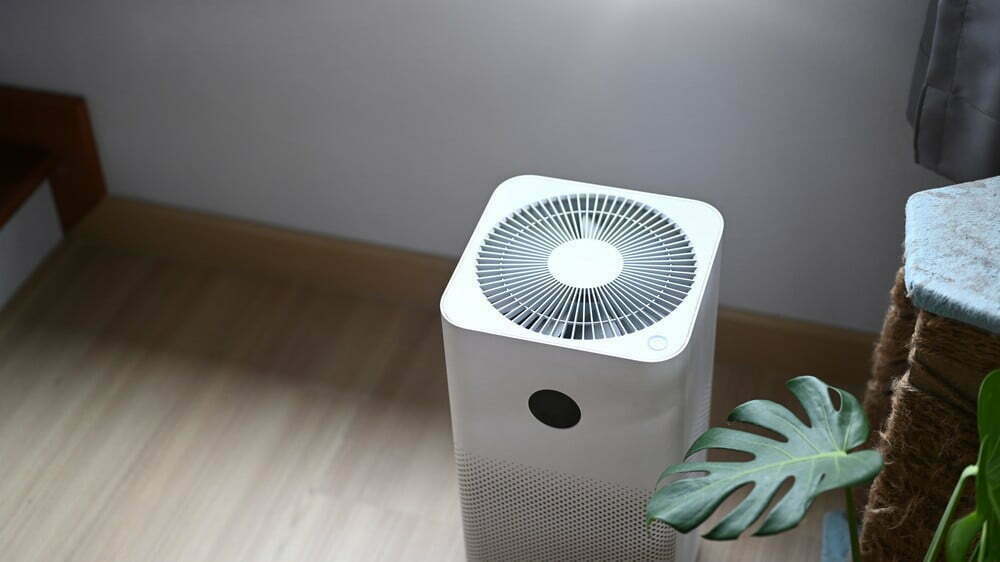
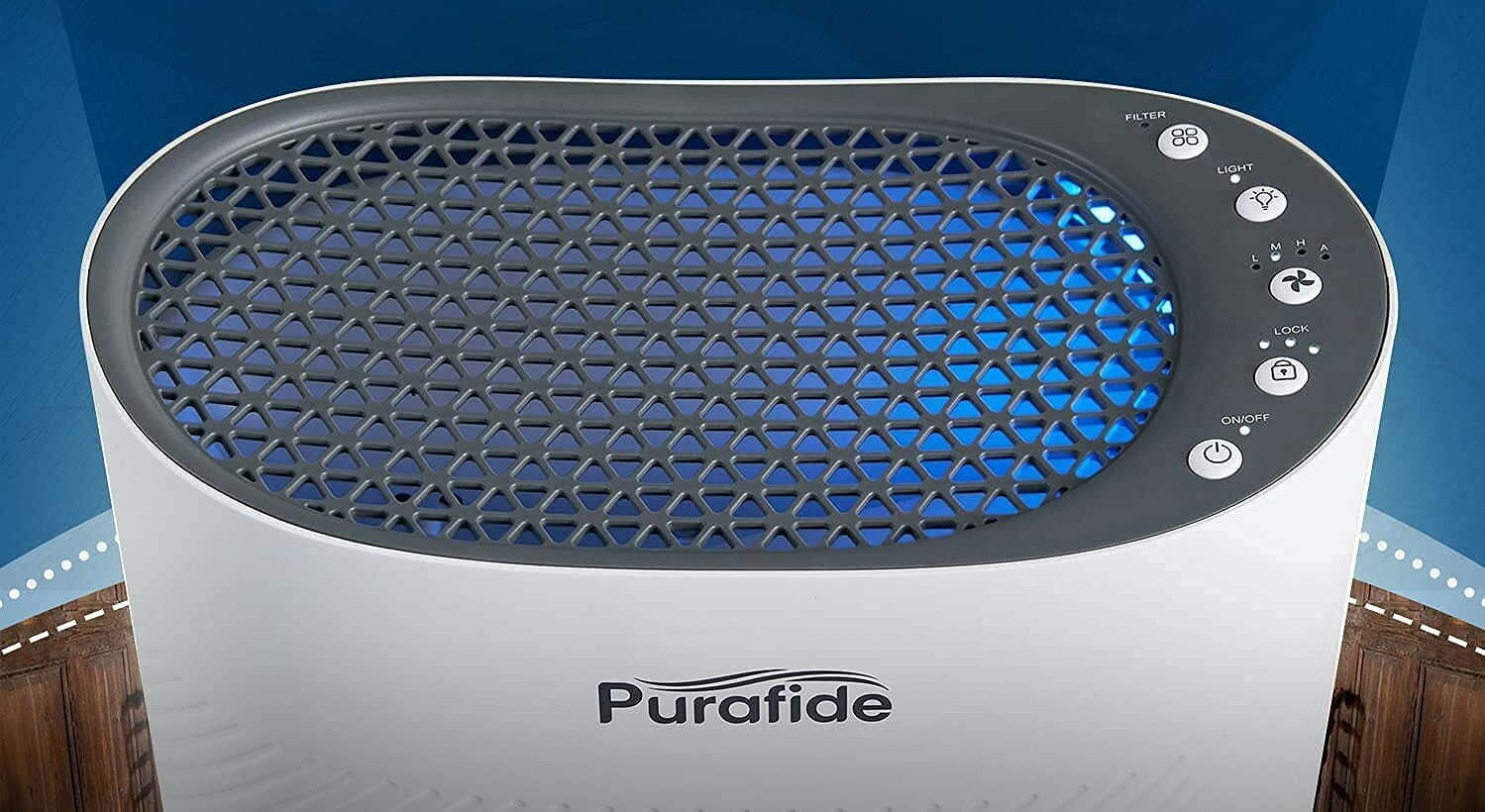
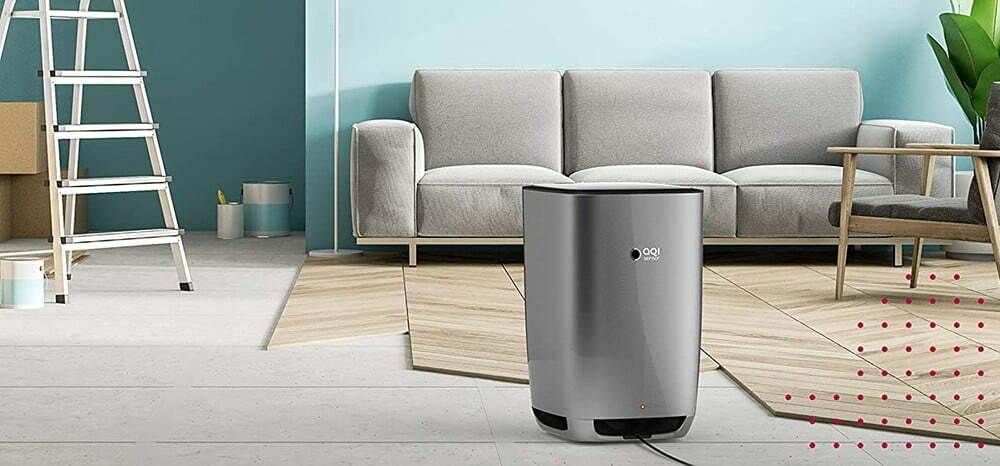
![Best Air Purifiers for VOCs and Formaldehyde in [year] 27 Best Air Purifiers for VOCs and Formaldehyde in 2025](https://www.gadgetreview.dev/wp-content/uploads/best-air-purifier-for-vocs-and-formaldehyde-image.jpg)
![Best Air Purifier in [year] ([month] Reviews) 28 Best Air Purifier in 2025 (December Reviews)](https://www.gadgetreview.dev/wp-content/uploads/Honeywell-True-HEPA-Allergen-Remover-HPA300-e1475603569442.jpg)
![Best Air Purifiers for Dust in [year] 29 Best Air Purifiers for Dust in 2025](https://www.gadgetreview.dev/wp-content/uploads/best-air-purifier-for-dust-image.jpg)
![Best Honeywell Air Purifiers in [year] 30 Best Honeywell Air Purifiers in 2025](https://www.gadgetreview.dev/wp-content/uploads/best-honeywell-air-purifier-image.jpg)
![Best Germicidal Air Purifiers in [year] 31 Best Germicidal Air Purifiers in 2025](https://www.gadgetreview.dev/wp-content/uploads/best-germicidal-air-purifier-image.jpg)
![Best Filterless Air Purifiers in [year] 32 Best Filterless Air Purifiers in 2025](https://www.gadgetreview.dev/wp-content/uploads/best-filterless-air-purifier-image.jpg)
![Best Levoit Air Purifiers in [year] 33 Best Levoit Air Purifiers in 2025](https://www.gadgetreview.dev/wp-content/uploads/best-levoit-air-purifier-image.jpg)
![Best Air Purifiers for Smoking Weed in [year] 34 Best Air Purifiers for Smoking Weed in 2025](https://www.gadgetreview.dev/wp-content/uploads/best-air-purifier-for-smoking-weed-image.jpg)
![Best Quiet Air Purifiers in [year] 35 Best Quiet Air Purifiers in 2025](https://www.gadgetreview.dev/wp-content/uploads/best-quiet-air-purifier-image.jpg)
![Best Desktop Air Purifiers in [year] 36 Best Desktop Air Purifiers in 2025](https://www.gadgetreview.dev/wp-content/uploads/best-desktop-air-purifier.jpg)
![Best Dyson Air Purifiers in [year] 37 Best Dyson Air Purifiers in 2025](https://www.gadgetreview.dev/wp-content/uploads/best-dyson-air-purifier.jpg)
![Best Air Purifiers for Dorm Room in [year] 38 Best Air Purifiers for Dorm Room in 2025](https://www.gadgetreview.dev/wp-content/uploads/air-purifier-for-dorm-room-1.jpg)
![Best Air Purifiers for Office in [year] 39 Best Air Purifiers for Office in 2025](https://www.gadgetreview.dev/wp-content/uploads/best-air-purifier-for-office.jpg)
![Best Air Purifiers for Basement in [year] 40 Best Air Purifiers for Basement in 2025](https://www.gadgetreview.dev/wp-content/uploads/best-air-purifier-for-basement.jpg)
![Best Air Purifiers For Odor in [year] 41 Best Air Purifiers For Odor in 2025](https://www.gadgetreview.dev/wp-content/uploads/best-air-purifier-odor.jpg)
![10 Best Personal Air Purifiers in [year] 42 10 Best Personal Air Purifiers in 2025](https://www.gadgetreview.dev/wp-content/uploads/best-personal-air-purifiers.jpg)
![10 Best Plug In Air Purifiers in [year] 43 10 Best Plug In Air Purifiers in 2025](https://www.gadgetreview.dev/wp-content/uploads/best-plug-in-air-purifier-image.jpg)
![10 Best Whole House Air Purifiers in [year] 44 10 Best Whole House Air Purifiers in 2025](https://www.gadgetreview.dev/wp-content/uploads/best-whole-house-air-purifier-image.jpg)
![10 Best Large Room Air Purifiers in [year] 45 10 Best Large Room Air Purifiers in 2025](https://www.gadgetreview.dev/wp-content/uploads/Coway-Airmega-200M-Large-Room-Air-Purifier-900x900-1.png)
![10 Best UV Air Purifiers in [year] 46 10 Best UV Air Purifiers in 2025](https://www.gadgetreview.dev/wp-content/uploads/best-uv-air-purifier.jpg)
